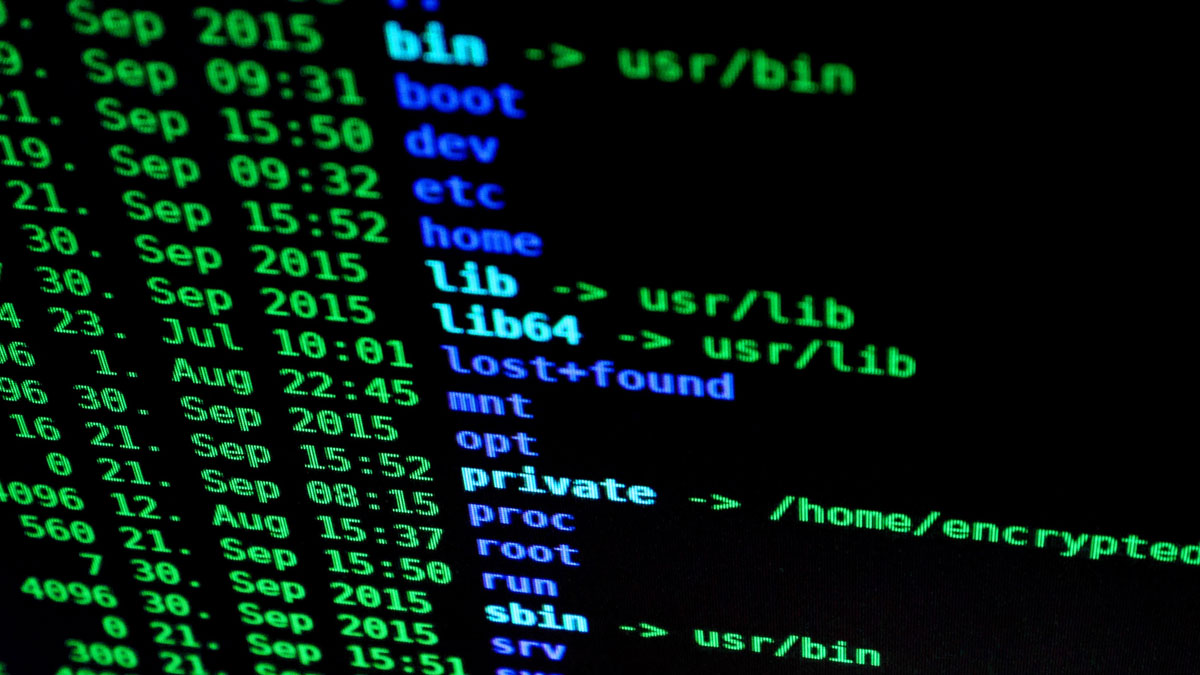Artificial Intelligence (AI) and blockchain technology are two groundbreaking innovations that have transformed various industries independently. However, the convergence of AI and blockchain has the potential to revolutionize numerous sectors, promising greater efficiency, security, and transparency. By combining the strengths of both technologies, organizations can unlock new opportunities and overcome traditional limitations. In this article, we explore the exciting use cases and benefits of incorporating AI into blockchain applications.
- Enhanced Security and Privacy
Blockchain technology is renowned for its robust security features, such as decentralized consensus mechanisms and immutability. When AI is integrated into blockchain systems, it can significantly enhance security and privacy. AI algorithms can analyze large volumes of data to identify patterns, anomalies, and potential threats. By employing AI-based security solutions, blockchain networks can proactively detect and prevent malicious activities, fraud, and cyber attacks, thereby safeguarding sensitive information and ensuring data integrity.
- Smart Contract Optimization
Smart contracts, self-executing agreements encoded on the blockchain, have simplified and automated various business processes. However, optimizing the functionality and efficiency of smart contracts is an ongoing challenge. By leveraging AI algorithms, smart contracts can become more intelligent and adaptable. AI can analyze historical data, user behavior, and external factors to optimize the conditions, parameters, and performance of smart contracts. This integration enables the creation of dynamic and self-learning contracts, reducing the need for manual intervention and enhancing overall contract performance.
- Predictive Analytics and Decision-making
AI’s ability to process and analyze vast amounts of data in real-time can be leveraged to provide valuable insights for decision-making within blockchain applications. By integrating AI algorithms, blockchain networks can analyze transactional data, user behavior, and market trends to generate predictive analytics. These insights enable businesses to make data-driven decisions, mitigate risks, and identify new opportunities. For instance, in supply chain management, AI-powered blockchain applications can predict demand, optimize inventory, and streamline logistics processes, resulting in cost savings and improved customer satisfaction.
- Tokenization and Asset Management
Tokenization is the process of representing real-world assets or properties as digital tokens on a blockchain. When combined with AI, tokenization offers new possibilities for asset management and investment. AI algorithms can analyze market data, historical trends, and user preferences to provide intelligent recommendations for asset allocation and investment strategies. This integration enhances liquidity, transparency, and accessibility to a wider range of investors. Additionally, AI can automate compliance processes, ensuring regulatory standards are met within tokenized asset exchanges.
- Fraud Detection and Risk Management
Blockchain technology has already demonstrated its potential in combating fraud and enhancing transparency. When AI is integrated into blockchain systems, it further strengthens fraud detection and risk management capabilities. AI algorithms can continuously monitor transactions, user behavior, and network activities to identify suspicious patterns and potential fraud attempts. By combining the decentralized nature of blockchain with AI’s advanced analytics, organizations can detect and prevent fraudulent activities in real-time, reducing financial losses and reputational damage.
The convergence of artificial intelligence and blockchain technology holds tremendous potential to reshape industries across the globe. The integration of AI into blockchain applications brings enhanced security, privacy, smart contract optimization, predictive analytics, and fraud detection capabilities. Organizations can leverage this synergy to drive innovation, streamline processes, and improve decision-making. As AI and blockchain continue to advance, we can expect the emergence of new applications and solutions that revolutionize the way we conduct business, interact with technology, and protect our digital assets.
